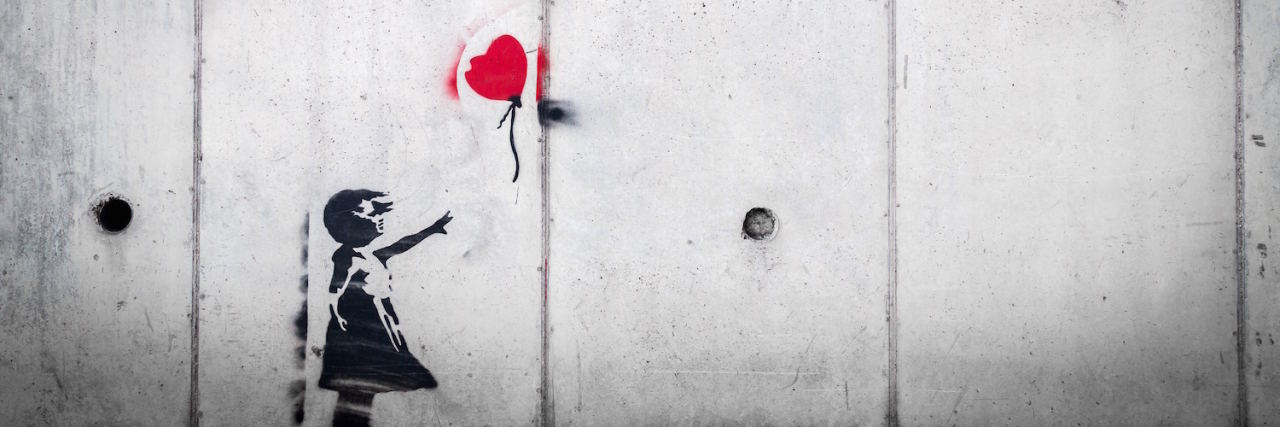Last month I flew down to Argentina to bury my mother-in-law. She was not my first experience with death, and we were not close, but the feelings surrounding the mourning process were very similar to those I had with the most significant passing of my life: my grandmother. Then I was 22, and even though I had gone through it before, my grandmother’s death taught me the most while ripping me apart.
I believe that losses in general, and death in particular, share a few common traits. This is my experience. It may be equal to yours or completely different, but if you haven’t been through it yet, this may help you find some comfort when it inevitably happens in your life.
1. Death doesn’t happen in one day. It is an event that unfolds over time.
You don’t lose your loved one on the day they die. You may think you do, but soon you realize that you will lose them every single day after. They die when they don’t call at the usual time to ask about your day. They die when something significant happens in your life, and they are not there to experience it with you. They die when it is about time that they show up for a visit, and the visit never comes. They die when you are sad or happy or feeling silly and wanting to laugh together, but there is no one for you to call. They die every holiday, every birthday, every life challenge or celebration. They die a little bit every day. And, for some, they continue to die for years.
2. The silence that surrounds the moment you learn about the death of a loved one has deafening power.
Every time I learned that a loved one died, those first moments were filled with the same feeling: heaviness. Suddenly the air becomes thicker and it weighs on your shoulders. My surroundings were filled with palpable emptiness and deafeningly loud silence. Death creates a suspension in time. It challenges you to think and act while your brain is working at peak, trying to process something that, at the moment, confronts its abilities. For some of us, it is even harder: we may have to kick into gear and start making the arrangements to put the one we love to rest, before we have time to conceptualize life without them.
3. Mourning has a life of its own and can’t be predicted.
Even though Elizabeth Kubler-Ross described the five stages of grief, they never happened to me. What I lived was a progressive improvement in surviving the loss at different paces each time. The five stages she describes are denial, anger, bargaining, depression and acceptance. For me, the whole mourning process of my grandmother’s death may have taken three intense years. At first, every day was horrible. Then I started having one good day here and there amid awful days. Then two, then three, until it turned into having one outburst of tears in specific situations (when listening to a particular song, being at one specific place, etc.) every once in a while.
4. You will never stop missing that person… but you will learn to live with their absence.
I don’t know if I ever accepted the passing of my grandmother. I still have dreams where we meet, hug and see each other. In my dreams, I always tell her, “oh my god, it’s been such a long time. I thought you had died,” to which she responds, “no, I never did.” I don’t miss her in my daily activities, because my life today doesn’t resemble much of what was going on when she was alive. Still, she lives in my heart and the back of my mind, or she wouldn’t so often appear in my dreams for a “catch up.”
5. You may always wish you had had “one more minute” with that person
It is very likely that after your loved one dies, you will wish you have said things you didn’t, or that you hadn’t said something you did. You will regret skipping that visit, that lunch, not calling back, taking so long to get back to their texts, or not having apologized for something you did/didn’t do. You will think if only you could have had one or two more minutes, that last conversation, or one last hug, you would be able to accept the loss. That is not true. This is your brain trying to hold on to her/him for a little longer, for just another minute. But eventually, you will come to terms with that. You will realize that person knew what you meant and how you felt, and you will focus on what you had together instead of what you didn’t. But it may take time.
And one last thing: no matter how much you prepare for the final goodbye, how long the person lived or how much they were suffering, initially, it will feel incomprehensible or just too soon.
What would you add to this list?
Photo by Karim MANJRA on Unsplash

